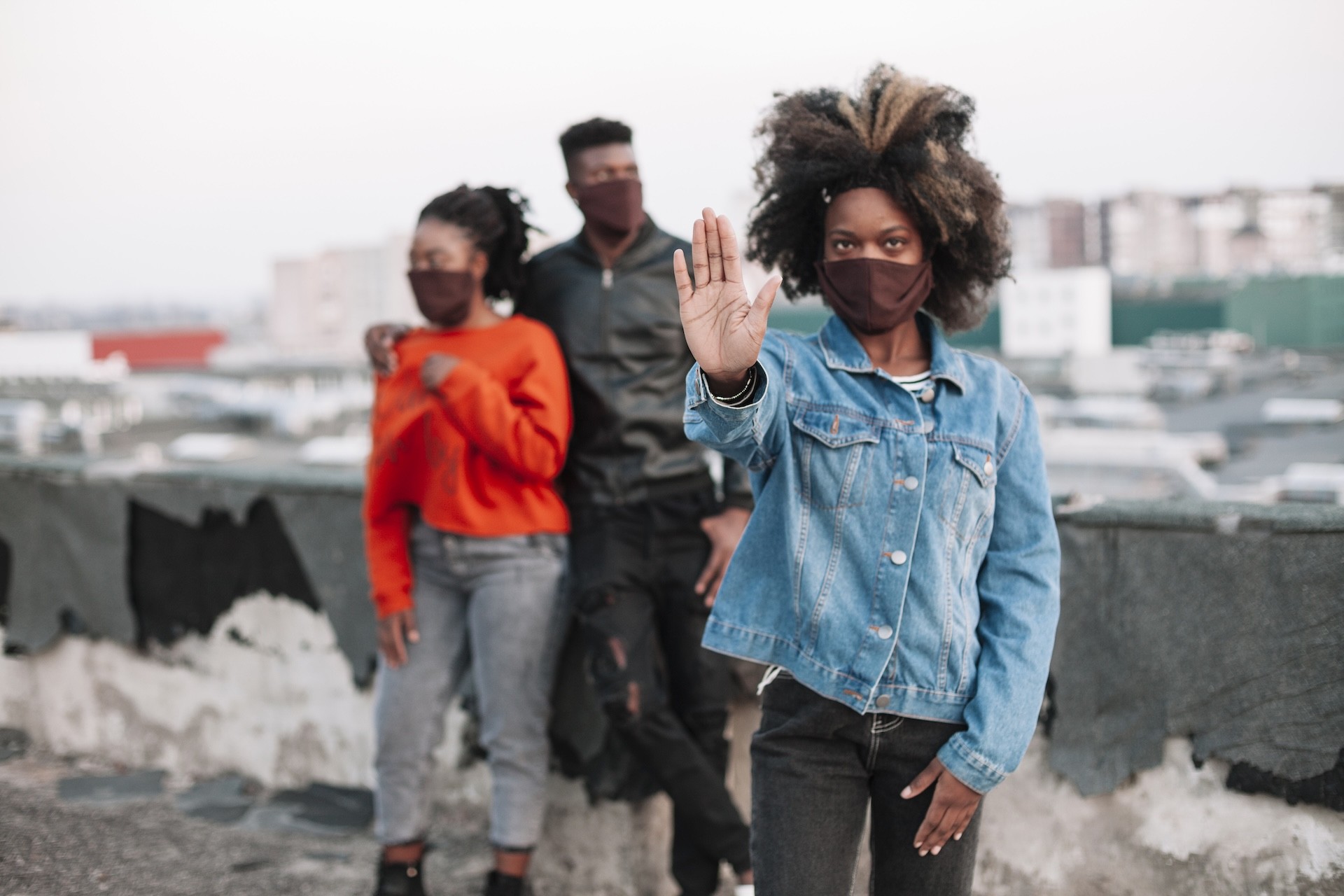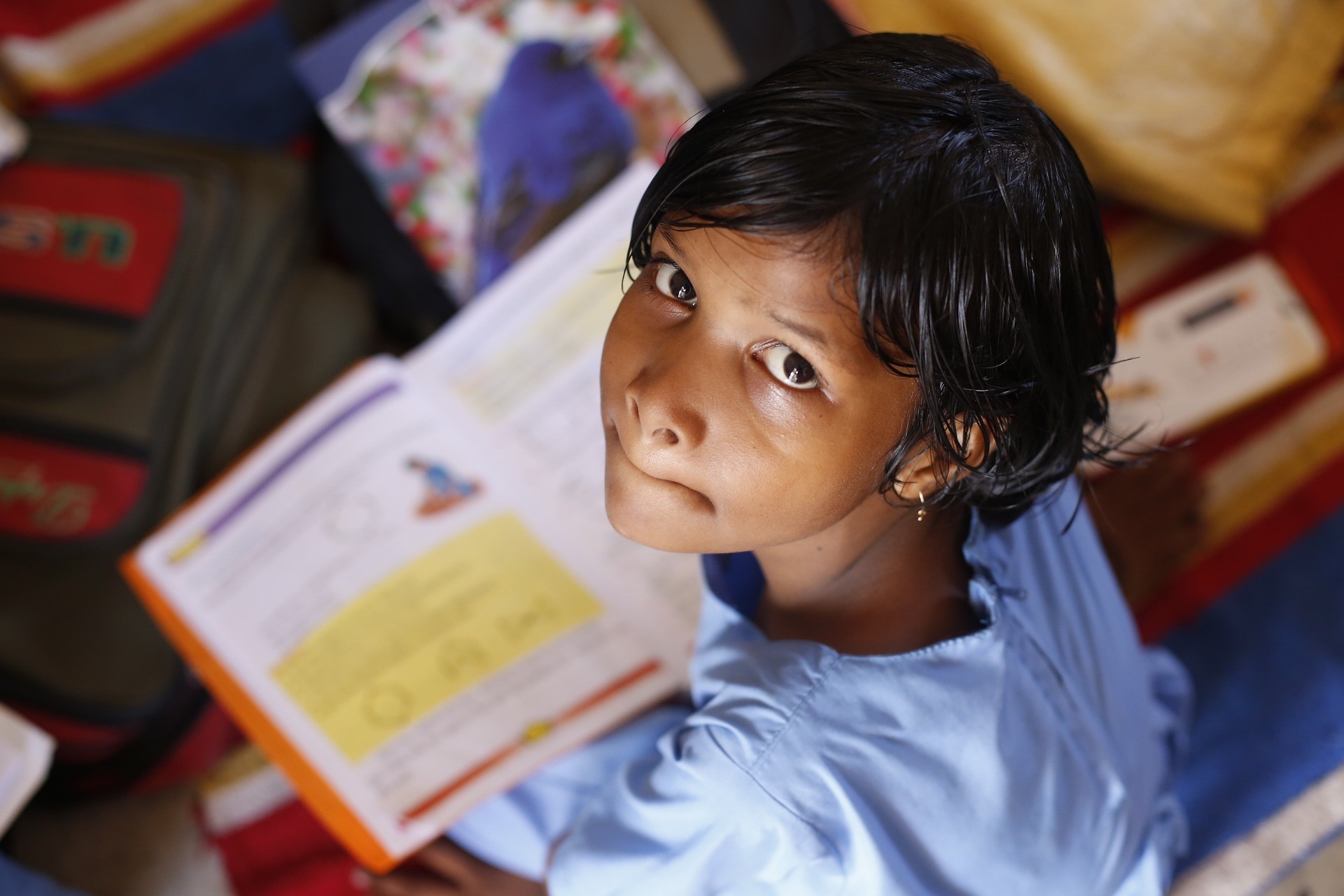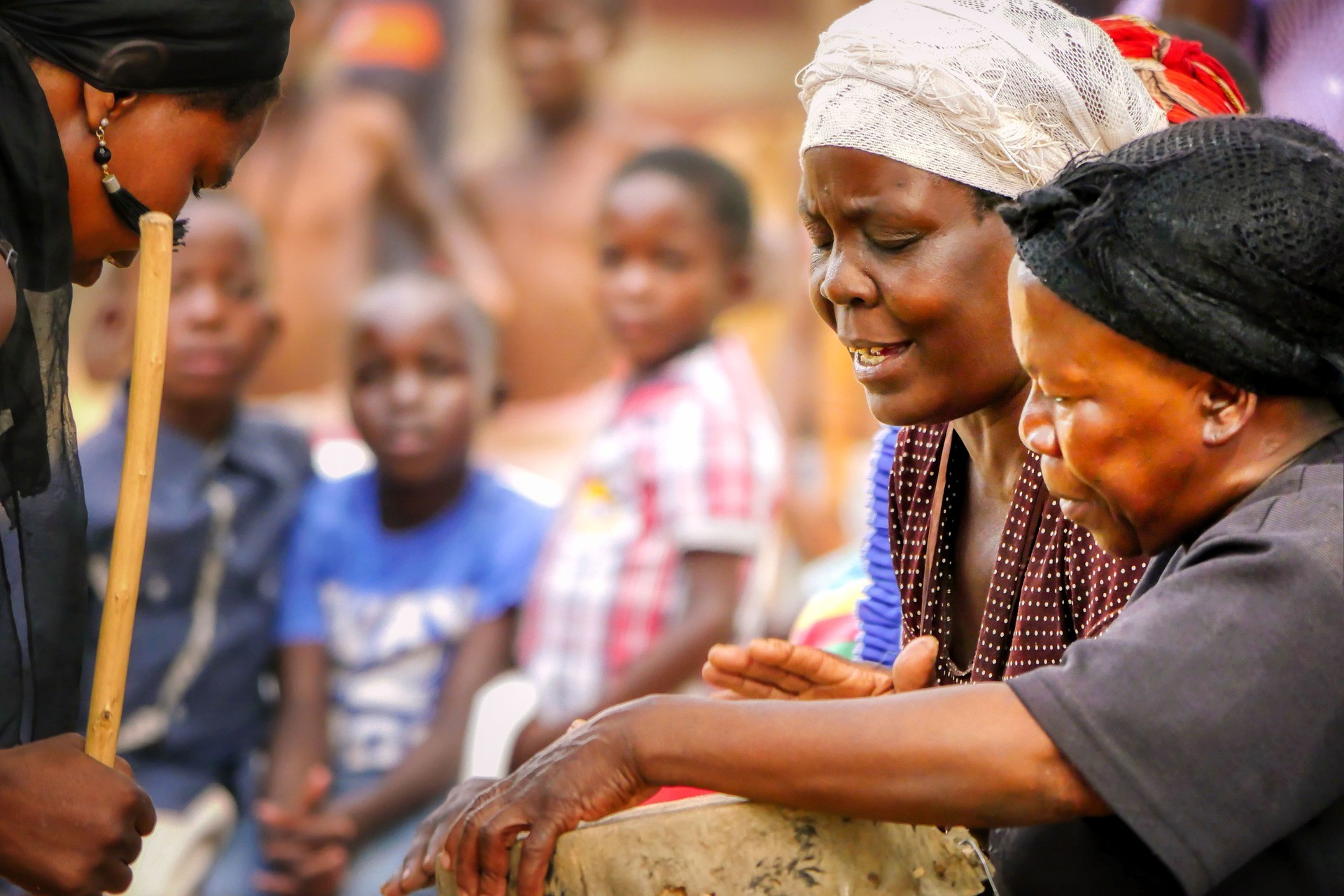
Identity vs. Perception: the case of Chidimma Adetshina and South African opinion on migrants
The case of Chidimma Adetshina, who came under national scrutiny between August and September, sheds light on the levels of xenophobia and anti-immigration sentiment in South Africa. The 23-year-old model—born in Soweto to a Nigerian father and South African mother—was forced to withdraw from the "Miss South Africa" competition due to online abuse and the wave of hatred that followed her entry into the event's Top 16. The situation is even more troubling when we consider the moral implications of Adetshina's forced withdrawal: not only was she unable to participate in "Miss South Africa," but she was also prevented from representing her country at the global "Miss Universe" competition. Critics argued that the Nigerian-South African model was not fit to represent South Africa on the international stage, as she was deemed "not South African enough." How did this complex situation unfold?
"I am Proudly South African and Proudly Nigerian"
In early July, Chidimma Adetshina made it into the Top 16 finalists of "Miss South Africa," placing 13th in the semifinals. The young woman, who resides in Cape Town, had a strong chance of winning the competition and representing South Africa at "Miss Universe," competing with other beauty queens from around the world. However, Chidimma’s dream was gradually shattered by a growing wave of xenophobic hatred against her. Many, after her placement among the finalists of the South African beauty contest, began to question whether the daughter of an immigrant could truly represent South Africa on the global stage. The matter even prompted an intervention by Deputy Minister of Home Affairs Njabulo Bheka Nzuza, who had to confirm Adetshina's citizenship after it was questioned in televised talks.
Nzuza explained that «not all individuals born in South Africa can obtain citizenship. One parent must be a South African citizen or hold permanent residence in the country». Since Adetshina’s mother is South African, she is also a South African citizen. However, this clarification was not enough to silence those opposed to the beauty queen’s presence in the national contest. After weeks of media scrutiny and online insults, the situation worsened. According to The Guardian, the tipping point was rumors that Adetshina had chosen to identify as Nigerian rather than South African. These speculations stemmed from a video showing Adetshina celebrating a Nigerian holiday with her family. In response to the growing hate, she told SMag that she «accepts all criticism» from the online public, but also clarified that her mother is a South African citizen, albeit of Mozambican descent.

The issue of xenophobic hate expressed online by some South Africans was tied to Adetshina’s role as a national representative on the international stage. «The fact is that I am trying with all my might to represent my country. I know it is an important task, and I take great pride in it, striving to perform it with grace. But there are people I am supposed to represent who offer me no support whatsoever,» Adetshina said. «I am still figuring out where I stand as I continue in the competition. I don't want to backtrack on what I’ve said: I am South African, but I am also proudly Nigerian. And I am as proudly South African as I am proudly Nigerian: I hope to become a symbol of peace and unity.» Despite her attempts at reconciliation and her statements, the online hate did not subside. Shortly after her SMag interview, for example, Minister of Sports, Arts, and Culture Gayton McKenzie said he «needed to investigate» the model’s origins, fueling theories and rumors about her non-South African background.
«It would be a disgrace for this country to be represented on the global stage by someone who identifies more with Nigeria than South Africa, but I haven't made up my mind yet,» McKenzie added. However, many reminded the public that South Africa has had beauty queens from mixed families before, with one South African parent and the other of European or Asian descent. None of them faced the kind of media scrutiny that Chidimma Adetshina did, leading some activists to speak of a strong vein of “Afrophobia” underlying the entire media controversy.
From Miss South Africa to Miss Nigeria
In the end, xenophobic and anti-immigration comments prevailed: Adetshina withdrew from the South African competition due to the intense pressure of the criticism. The beauty queen made the «difficult decision» to withdraw on August 8, after new online rumors emerged accusing her mother of fraudulently obtaining South African citizenship. These rumors were backed by South African Home Affairs Minister Leon Schreiber, who stated that «there is reason to believe that Chidimma Adetshina’s mother’s documents in the Home Affairs registry were obtained through identity theft.»
The Minister added that «an innocent South African mother, whose identity may have been stolen as part of the alleged fraud committed by Adetshina’s mother, might have suffered for being unable to register her own children.» The model and her mother, who denied all allegations, expressed their willingness to cooperate with any investigation—which, as of now, has not led to any concrete results. Nonetheless, the issue became a hot topic in South African talk shows, with many raising doubts about the “Mozambican roots” of Adetshina’s mother, questioning whether she could legally acquire South African citizenship and pass it on to her daughter. Ultimately, the model decided to withdraw from the competition after the police investigation into her mother began and after the renewal — and intensification — of the criticisms against her.

In the end, Chidimma participated in Miss Universe Nigeria, winning the competition. The invitation to compete in the Nigerian contest came directly from the organizers, but the model told The Guardian that «at first, I didn’t want to participate. I felt like I wasn’t in the right place mentally. I only reconsidered because I felt that I had been given a second chance in life.» Indeed, being excluded from Miss South Africa - driven by the South African public’s refusal to accept a beauty queen they did not consider part of the national population - had a significant impact on the 23-year-old model’s mental health.
«This journey has been exhausting, and I struggle to express my excitement at winning Miss Universe Nigeria. But I am very thrilled and proud,» Chidimma said after being crowned and securing her spot in Miss Universe—where she will represent Nigeria and even compete against the South African candidate. In an interview with City Press in September, the young woman reiterated her pride but also expressed feeling "very sad" about what had happened to her in South Africa. In an Instagram post following her victory in Lagos, the beauty queen wrote that she hopes to become «not just a symbol of beauty, but also a call to action for a more united Africa.»
A Matter of Identity
At first glance, Chidimma Adetshina’s story seems to have ended on a positive note. However, the reality is more complex. The model had entered Miss South Africa with the belief that she could represent her country on the international stage. What she discovered instead was that her own fellow citizens did not want to be represented by her, as they did not consider her “South African enough” to be the face of South Africa in a global beauty contest. The online criticism questioned her very identity, even raising doubts about whether a mixed self-perception (South African-Nigerian for Chidimma, South African-Mozambican for her mother) is a form of "betrayal" against the state whose citizenship one holds. The insults and the questioning of her roots weighed heavily on the young model’s mental health. «I suppressed all my emotions until now,» the beauty queen said after winning Miss Nigeria. «It wasn’t pleasant to see my very identity being questioned. I tried not to think about it, but what happened is truly weighing on my mind.» This is why Chidimma has decided to seek help from a mental health professional: «I still feel proudly Nigerian and just as proudly South African,» the model concluded in an interview with the BBC.
SOURCES:
- Agence France-Presse (2024). Miss South Africa contest in turmoil as finalist’s mother accused of fraud. The Guardian, 08/07/2024. https://www.theguardian.com/world/article/2024/aug/07/miss-south-africa-contest-in-turmoil-as-finalists-mother-accused-of
- Chibelushi, W., Oyibo, H. (2024). Beauty queen to seek therapy over xenophobic abuse. BBC, 09/03/2024. https://www.bbc.com/news/articles/czjy2rzzl4yo
- Nkadimeng, I. (2024). 'It's heartbreaking that I wasn't welcomed': Chidimma opens up about Miss SA backlash. The Times Live, 09/03/2024. https://www.timeslive.co.za/tshisa-live/tshisa-live/2024-09-03-watch-its-heartbreaking-that-i-wasnt-welcomed-chidimma-opens-up-about-miss-sa-backlash/
- Princewill, N. (2024). Beauty queen at center of South Africa xenophobia spat crowned Miss Universe Nigeria. CNN Style, 09/02/2024. https://edition.cnn.com/2024/09/02/style/chidimma-adetshina-wins-nigeria-intl-scli/index.html
- Savage, R. (2024). Miss South Africa contestant faces backlash over Nigerian father. The Guardian, 08/01/2024. https://www.theguardian.com/world/article/2024/aug/01/miss-south-africa-contestant-faces-backlash-over-nigerian-father
- Savage, R. (2024). Miss South Africa contestant withdraws after mother is accused of identity theft. The Guardian, 08/08/2024. https://www.theguardian.com/world/article/2024/aug/08/miss-south-africa-contestant-withdraws-after-mother-is-accused-of-identity-theft
- Savage, R. (2024). Beauty queen row exposes xenophobia towards immigrants in South Africa. The Guardian, 09/07/2024. https://www.theguardian.com/world/article/2024/sep/07/beauty-queen-row-exposes-xenophobia-towards-immigrants-in-south-africa
- Seemela, M. (2024). Miss SA top 13 Chidimma Adetshina wants to represent a country that loves her back. SMag, 07/22/2024. https://www.sowetanlive.co.za/s-mag/fashion-beauty/2024-07-22-listen-miss-sa-top-13-chidimma-adetshina-wants-to-represent-a-country-that-loves-her-back/
- Sias, C. (2024). Chidimma Adetshina is 'proud, but also sad' after being crowned Miss Universe Nigeria. City Press, 09/08/2024. https://www.news24.com/citypress/news/chidimma-adetshina-is-proud-but-also-sad-after-being-crowned-miss-universe-nigeria-20240908
Categories:
Tags:

